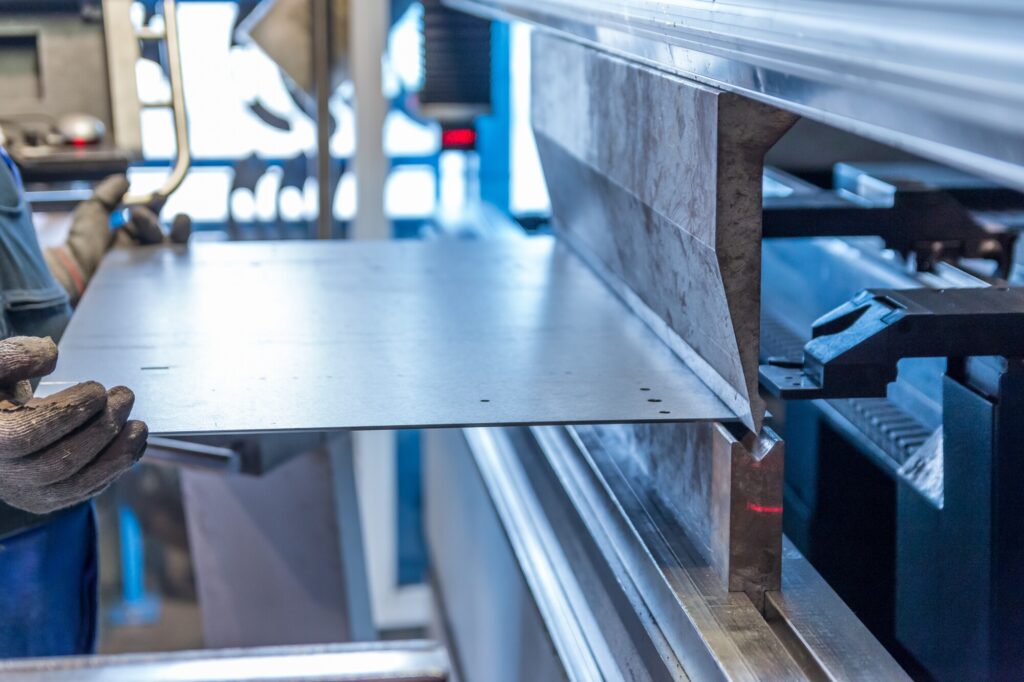Comprehensive Steel Fixing Providers for Construction Projects
Comprehensive Steel Fixing Providers for Construction Projects
Blog Article
The Ultimate Manual on Customized Steel Construction Solutions for Structural Projects
In the realm of structural tasks, the value of personalized steel fabrication options can not be overemphasized. From the foundational understanding of steel construction essentials to the intricate process of choosing one of the most appropriate products, every step in this trip plays a pivotal function in the ultimate success of a task. As we browse with the complexities of layout considerations, manufacture procedures, and top quality control procedures, a thorough handbook functions as an assisting light for specialists seeking excellence in steel fabrication remedies. Stay tuned to reveal the insights that can revolutionize the way architectural tasks are come close to and carried out.
Recognizing Custom Steel Construction Fundamentals
Delving right into the principles of custom-made steel construction offers insight into the intricate procedure of transforming raw steel right into tailored architectural elements. Customized steel construction is a customized manufacturing strategy that includes cutting, shaping, and putting together steel products to develop unique structures according to certain task demands. Comprehending the essentials of personalized steel construction is vital for ensuring the successful implementation of architectural tasks.
The procedure commonly starts with the analysis of job requirements and layout needs. This initial stage entails thorough planning and collaboration in between producers, designers, and designers to figure out the most ideal strategy for making the steel parts. Accuracy is key during the manufacture process, as even minor deviations can influence the structural stability of the end product.
Numerous methods, such as cutting, welding, and shaping, are utilized to change raw steel into the desired architectural elements. Knowledgeable producers utilize innovative machinery and tools to make certain precision and consistency throughout the fabrication process. Quality control procedures are executed to validate the stability of the fabricated components prior to they are put together on-site, guaranteeing conformity with market requirements and job specifications.
Picking the Right Steel Materials

Most importantly, the kind of structural project and its certain requirements play a vital function in determining the most appropriate steel materials. Aspects such as the load-bearing ability, ecological conditions, and desired lifespan of the framework will determine the grade and kind of steel that ought to be utilized.
Additionally, the physical buildings of the steel, consisting of ductility, weldability, and strength, have to straighten with the task's needs to ensure optimal efficiency and sturdiness (Alpha reo). Additionally, considerations such as corrosion resistance, cost-effectiveness, and accessibility of the steel products should likewise be considered throughout the option process
Design Considerations for Architectural Jobs
Architectural jobs necessitate meticulous attention to design factors to consider to make certain both functionality and safety are focused on throughout the construction procedure. When it comes to making structural projects, numerous key aspects need anonymous to be taken into account to ensure the success of the endeavor. By carefully taking into consideration these elements during the style phase, engineers and designers can make certain the structural project's success from perception to conclusion.
Simplifying Manufacture Procedures for Efficiency

Furthermore, applying lean manufacturing concepts can substantially improve performance in steel fabrication. By minimizing waste, maximizing operations, and improving communication in between different groups associated with the manufacture process, jobs can be finished much more quickly and with better requirements.
Furthermore, developing a well-organized manufacturing timetable and operations can assist in prioritizing tasks, designating resources properly, and meeting task deadlines immediately. By having a clear plan in area and routinely monitoring development, any kind of potential traffic jams or hold-ups can be determined and addressed quickly, guaranteeing reliable and smooth fabrication processes for architectural tasks.
High Quality Control and Task Monitoring in Steel Construction
To make certain the successful execution of steel construction jobs, meticulous quality control procedures and reliable project monitoring practices are crucial elements in preserving accuracy and conference client assumptions. Quality assurance in steel manufacture entails rigorous inspections at different stages of the fabrication procedure to confirm conformity with task specs and industry criteria. This includes material screening, dimensional checks, and weld evaluations to guarantee architectural honesty and this link safety.
Job monitoring plays a vital role in working with the numerous facets of steel construction tasks, such as scheduling, resource allowance, and interaction among staff member. A well-defined job plan with clear purposes, landmarks, and timelines assists to monitor development and attend to any prospective concerns proactively. Efficient communication between all stakeholders, including customers, engineers, specialists, and fabricators, is vital for guaranteeing that the job proceeds smoothly and meets the desired high quality standards.
Conclusion
Finally, custom-made steel fabrication plays a vital role in architectural jobs by giving customized options making use of the appropriate products and style factors to consider. Efficiency in manufacture procedures, quality control, and efficient task management are necessary for effective end results. By comprehending the essentials of custom steel construction and carrying out structured processes, task teams can deliver sturdy and top Bonuses notch structures that fulfill the specific needs of their clients.
Personalized steel construction is a customized manufacturing technique that involves cutting, shaping, and setting up steel products to create one-of-a-kind frameworks according to particular project requirements.To make sure the successful execution of steel construction jobs, precise quality control measures and reliable project monitoring methods are crucial parts in maintaining precision and conference client expectations. Quality control in steel manufacture includes strenuous evaluations at various phases of the fabrication procedure to validate conformity with task specifications and industry criteria (Alpha reo).Task management plays a vital role in working with the various aspects of steel fabrication tasks, such as scheduling, resource allocation, and communication among team participants.In verdict, custom steel construction plays an important role in structural jobs by offering customized remedies using the best materials and style considerations
Report this page